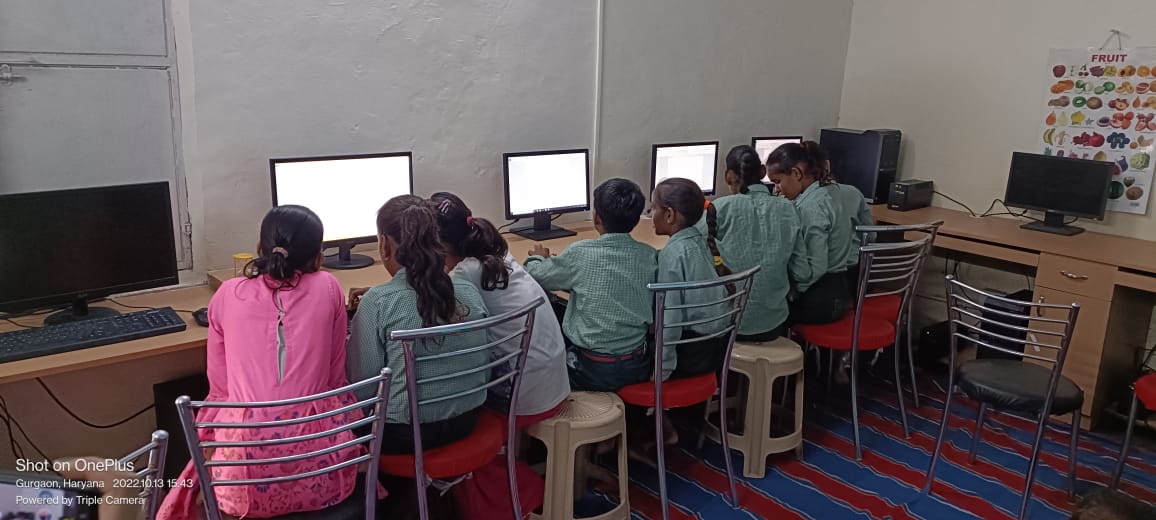The Importance of Empowering Parents in Schools
Parental involvement in education is crucial for the success of students. When parents are actively engaged in their child’s education, it has been shown to improve academic achievement, increase motivation, and enhance overall well-being.

Empowering parents in schools is essential to ensure that they have the knowledge, skills, and resources to support their child’s learning and development.
By involving parents in decision-making, creating a welcoming school environment, and providing opportunities for parental participation, schools can strengthen the partnership between parents and educators, ultimately benefiting students, parents, and educators alike.
Understanding the Role of Parents in Education

Parents play various roles in their child’s education. They can be advocates, providing support and guidance to their child throughout their educational journey.
They can also be collaborators, working closely with educators to create a positive learning environment. Additionally, parents can be facilitators, helping their child with homework and studying.
Research has consistently shown that parental involvement has a significant impact on student achievement. When parents are actively engaged in their child’s education, students are more likely to have higher grades, better attendance rates, and improved behavior.
Common Barriers to Parental Engagement in Schools
Despite the importance of parental involvement in education, there are several barriers that prevent parents from getting involved. Some common obstacles include lack of time due to work or other commitments, language barriers for non-native English speakers, and feelings of intimidation or unwelcome by school staff.
Additionally, some parents may lack the knowledge or confidence to support their child’s learning at home. To overcome these barriers, schools can implement strategies such as offering flexible meeting times for working parents, providing translation services or materials in multiple languages, and offering workshops or resources to help parents understand how they can support their child’s learning.
Strategies for Building Positive Relationships between Parents and Educators
Building positive relationships between parents and educators is essential for effective collaboration and parental involvement. Educators can establish positive relationships by actively listening to parents, valuing their input, and treating them as equal partners in their child’s education.
Regular communication is also crucial, whether it be through newsletters, emails, or face-to-face meetings. By keeping parents informed about their child’s progress, upcoming events, and opportunities for involvement, educators can foster a sense of trust and partnership.
Creating a Welcoming School Environment for Parents
Creating a welcoming school environment is key to encouraging parental involvement. Schools can achieve this by ensuring that parents feel valued and respected.
This can be done by greeting parents warmly when they enter the school, providing comfortable spaces for parents to wait or meet with educators, and displaying information about parental involvement opportunities prominently.
Additionally, schools can organize events such as open houses or family nights to allow parents to connect with educators and other families in a relaxed setting.
Providing Opportunities for Parental Involvement in School Decision-Making

Involving parents in school decision-making is not only beneficial for the school community but also empowers parents to have a voice in their child’s education.
By including parents in committees, advisory boards, or parent-teacher associations, schools can tap into the valuable insights and perspectives that parents bring.
This collaborative approach allows parents to contribute to decisions that impact their child’s education and helps build a sense of ownership and investment in the school community.
Encouraging Parental Participation in Student Learning
Parents play a critical role in supporting their child’s learning outside of the classroom. Schools can encourage parental participation by providing resources and guidance on how parents can help with homework, studying, and other learning activities at home.
This can include workshops or informational sessions on effective study strategies, providing access to online resources or learning platforms, or sending home newsletters with tips for supporting learning at home. By involving parents in their child’s learning, schools can reinforce the importance of education and create a strong partnership between home and school.
Supporting Parents in Advocating for Their Children’s Education
Advocacy is an essential aspect of parental involvement in education. Schools can support parents in advocating for their child’s education by providing information on their rights and responsibilities, offering workshops or training on effective advocacy strategies, and connecting parents with community resources or organizations that can provide additional support. By empowering parents to advocate for their child, schools can ensure that every student receives the support and resources they need to succeed.
Evaluating the Effectiveness of Parental Empowerment Programs
To ensure that parental empowerment programs are effective, it is important to evaluate their impact. This can be done through surveys or interviews with parents to gather feedback on their experiences and perceptions of the program. Additionally, schools can track outcomes such as increased parental involvement, improved student achievement, and enhanced communication between parents and educators. By regularly evaluating the effectiveness of parental empowerment programs, schools can make adjustments and improvements to better meet the needs of parents and students.
The Benefits of Empowering Parents in Schools for Students, Parents, and Educators
Empowering parents in schools is crucial for the success of students, parents, and educators. When parents are actively involved in their child’s education, students are more likely to excel academically, have better attendance rates, and develop positive attitudes towards learning.
For parents, being empowered in schools allows them to have a voice in decisions that impact their child’s education and provides them with the knowledge and resources to support their child’s learning at home.
Educators also benefit from parental empowerment as it strengthens the partnership between home and school, leading to improved communication, collaboration, and ultimately better outcomes for students. By recognizing the importance of parental involvement and implementing strategies to empower parents in schools, we can create a supportive and inclusive educational environment that sets students up for success.



